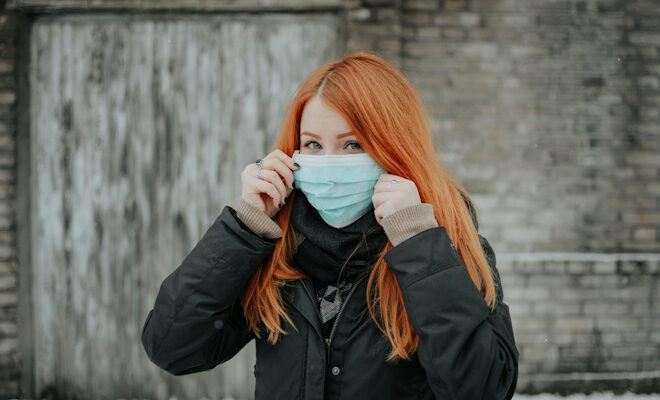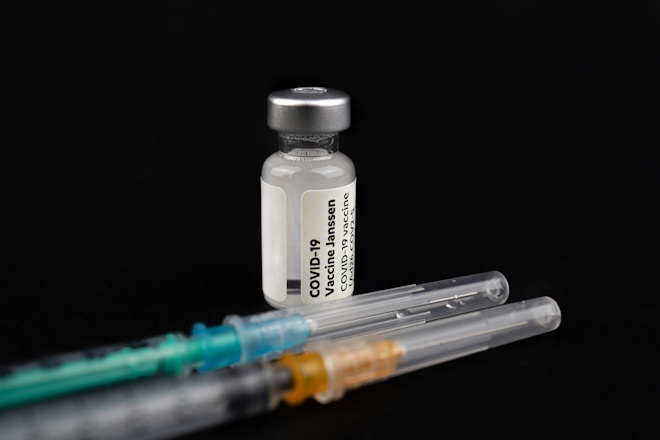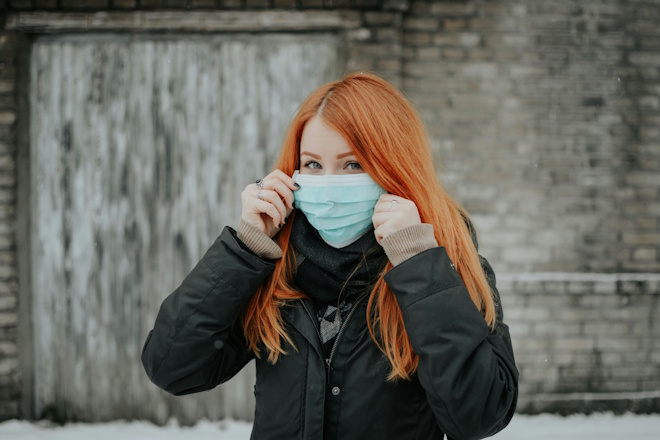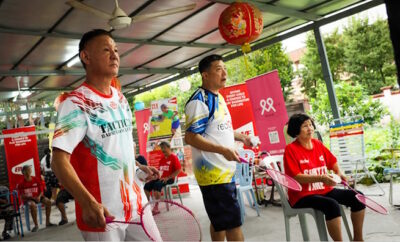
Health x Wellness
Five Years On, Why We Still Need to Take COVID-19 Seriously
It has been five years since the COVID-19 pandemic changed our lives and reshaped healthcare systems across the world. It is easy for us to feel that the worst is over with borders now open, restrictions eased, and life largely back to normal in Singapore. We may ask the question, “Should we still be worried about COVID-19?”

Understanding the Current COVID wave
Singapore experienced a surge in COVID-19 cases around the summer holiday season. According to the Ministry of Health (MOH), cases rose to over 14,000 in the week of 27 April to 3 May 2025, up from 11,100 the week before. Hospitalizations have also increased during this period. The NB.1.8.1 variant of SARS-CoV-2 has been increasing in prevalence since mid-April 2025, based on World Health Organization (WHO) reports.
MOH had reported that waning population immunity, among other factors, is the reason for the increase in case numbers. While this is being closely monitored by global and local health authorities, spikes in COVID cases will continue to occur periodically, as with all endemic respiratory viral illnesses. It is important that we remain vigilant and take necessary precautions for high-risk groups.
Vaccination Crucial for High-Risk Individuals

The virus poses a significantly higher risk to certain vulnerable groups. These include individuals aged 60 and above, those who are immunocompromised or have chronic illnesses, residents of aged care facilities, and those in frequent contact with high-risk groups such as healthcare workers and caregivers.
For these individuals, staying current with COVID-19 vaccinations remains essential. Booster shots are available at Healthier SG GP clinics and Polyclinics. Immunity can wane over time, and being up to date with vaccination is one of the most effective ways to reduce the risk of severe illness.
Early Testing Still Matters

COVID-19 has many symptoms that are similar to other respiratory infections, including fever, cough, fatigue, and sore throat. Thus, it is difficult to distinguish COVID-19 from the flu or a common cold without testing.
This is particularly important if an individual is experiencing symptoms and is in close contact with high-risk groups, as it can spread to the vulnerable individual within that group. Early testing allows you to seek timely medical consultation and, if necessary, gain early access to appropriate treatment.
Antiviral medications against COVID are more effective when started early, especially for patients at high risk of complications. Speak to your HCPs about outpatient oral antiviral treatment eligibility for existing government programs if you have COVID symptoms.
No Cure for Long COVID
Approximately 6 in 100 people infected with COVID-19 go on to develop prolonged symptoms such as fatigue, breathlessness, difficulty concentrating, or persistent muscle and joint pain. Respiratory infections can unmask previously undiagnosed asthma, and asthma can be treated; but many of the other post-COVID symptoms have no treatment and can last months after the initial illness and significantly impair quality of life.
People can be reinfected with COVID-19 multiple times, and each time, they have a risk of developing long COVID. There is currently no specific cure for long COVID. Therefore, risk reduction through preventive measures, such as observing good personal hygiene and keeping up with vaccination is important.
Practicing Social Responsibility for Greater Protection

While we can be thankful that life has returned to a sense of normalcy, we could only achieve this together as a society. Not too long ago, we encouraged one another to get vaccinated. Each and everyone of us wore face masks in public. It was because of these actions that we could come through the pandemic as one society, and this has not changed in the post pandemic world.
If you’re feeling unwell, wearing a mask, minimizing social interactions, and seeking medical attention early are simple but effective measures. Especially during the holiday season, remember that travel can increase the risk of exposure, particularly in crowded or enclosed environments. Consider packing masks and self-test kits and have a contingency plan if you fall ill abroad. The most important part we can play for society is to follow the COVID-19 vaccination guidelines laid out by the Ministry of Health and continue to do our part for society.
The Way Forward
COVID-19 will not disappear and it is here to stay. We must remain vigilant, stay informed, protect vulnerable members of our community, and make smart decisions based on risk. Five years on, we know more about the virus than we did in 2020 and we should use this knowledge to stay ahead and play our roles in society and keep the COVID-19 virus at bay.
Article contributed by By Dr Alvin Ng, Respiratory Physician, O2 Healthcare Group
Photos by Mika Baumeister, by Kate Trifo and by Pille R. Priske on Unsplash






